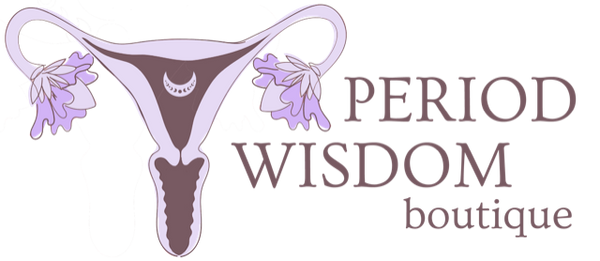
Hormones: the basics
Share
Hormones play an essential role in women’s health, influencing far more than just their menstrual cycle: from energy levels and sleep quality to mood, metabolism, skin health, and even brain function.
Hormones are constantly working behind the scenes to regulate vital systems. When they’re in balance, everything tends to feel smoother. But when hormones shift or become imbalanced, they can affect everything from mental clarity to digestion, libido, and emotional wellbeing. That’s why understanding your hormonal rhythms isn’t just about fertility.
At the time of ovulation, a cocktail of hormones affects our body. Let’s take a closer look at these hormones:

Oestrogen
Oestrogen is the hormone that characterises the first phase of the cycle and, among other things, enables fertilisation of the egg. The hormone concentration is at its highest level shortly before ovulation and ensures that your basal body temperature (BBT) is lowered.
Progesterone
In the second phase of the cycle, progesterone enables, among other things, the build-up of the uterine lining and ensures a significant increase in basal body temperature (BBT) so that the egg can implant in the uterus. Your Lady-Comp recognises this increase in basal body temperature and can calculate the infertile days after ovulation with an accuracy of over 99%.
Testosterone
The male hormone testosterone also increases libido in women and reaches its highest concentration at the time of ovulation. In addition, testosterone stimulates the production of red blood cells.
Follicle Stimulating Hormone (FSH)
This hormone stimulates the maturation of the follicles during the first phase of the cycle (the so-called follicular phase). After ovulation, the concentration quickly drops again.
Luteinising hormone (LH)
LH, together with FSH, stimulates the ovary during the first phase of the cycle. Again, the hormone reaches its highest concentration at the time of ovulation and decreases steadily thereafter.
Cortisol
Cortisol and adrenaline are secreted by the adrenal glands as stress hormones. The function of both hormones is, on the one hand, to release energy reserves and, on the other hand, to prepare our body for an imminent fight or flight situation.
Insulin
Insulin is a hormone that helps regulate blood sugar levels by allowing glucose to enter the body’s cells for energy. It plays a crucial role in metabolism and energy balance.
Oxytocin
Oxytocin, often called the "love hormone," is released during moments of connection like hugging, childbirth, and breastfeeding. It plays a key role in bonding, trust, and emotional regulation — helping us feel calm, close, and connected.
There are many other hormones that play essential roles in the female body — from thyroid hormones and beyond. We’ll explore them in more detail in future posts.
